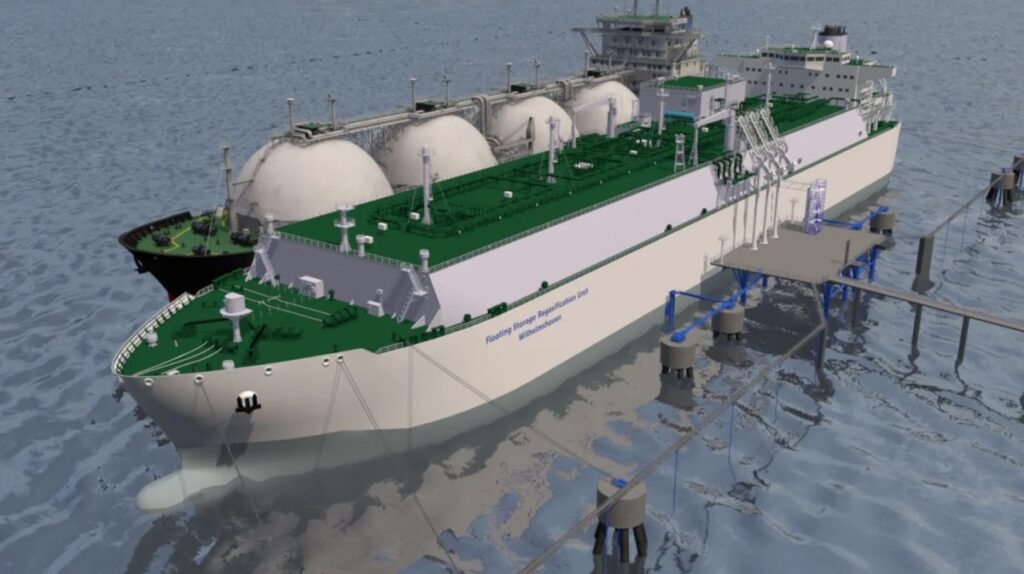On Thursday, German utility Uniper announced that it was collaborating with Masdar, a sustainable energy company in the United Arab Emirates (UAE), on a project to produce green hydrogen. This was a confirmation of a Bloomberg article.
The Berlin government this week completed a 34.5-billion-euro ($36.55 billion) bailout of Uniper with approval from the European Commission. Due to Uniper’s exposure to rising gas prices as a result of Russia’s invasion of Ukraine, this nationalization was necessary.
European gas importers have been the main victims of the energy crisis thus far, with Germany’s Uniper costing the government more than 50 billion euros.
Uniper nationalized due to struggling with gas supplies
The shareholders of Uniper on Monday approved a state bailout that has so far cost the German government more than 50 billion euros ($53 billion) in order to nationalize the struggling gas company.
The chief executive of Uniper, Klaus-Dieter Maubach, told shareholders earlier on Monday that if they rejected the German plan, the upheaval caused by the loss of the Russian gas supply may leave them with nothing.
Before Moscow’s invasion of Ukraine, Russia’s Gazprom was Uniper’s main gas supplier, but as a result of a severe reduction in supplies, the German gas importer was forced to purchase gas from other sources at much higher prices in order to keep its commitments.
Thus, the war has intensified Germany’s focus on supply security and the use of green hydrogen produced from renewable energy compatible with EU climate goals.
Brussels wants clear data on clean hydrogen
Last week, Brussels made a funding request for extra research into the risks connected to the growing usage of hydrogen. It wanted to do research to show how switching to H2 from fossil fuels may both lessen global warming and, in the event of leaks, make it worse.
But now it is projected that imports will be required to supplement Germany’s domestic production.
In order to export hydrogen to markets in Europe and Asia, Uniper actively participates in important hydrogen projects in the Middle East, according to a company spokesman from Düsseldorf.
The spokesman mentioned that the MASDAR initiative has already received a lot of public support in the UAE, but Uniper refuses to provide any details at this time.
Masdar and Uniper to build a solar facility to produce clean hydrogen
According to the Bloomberg report, Masdar and Uniper would build a 1.3 gigawatt (GW) solar facility from which they anticipate producing clean hydrogen via electrolysis as early as 2026. The report was based on an interview with Mohammad Abdelqadar El Ramahi, Masdar’s executive director for renewable energy.
According to data from the International Energy Agency, around 300 green hydrogen projects already exist or have started in various regions of the world. However, the vast majority are modest demonstration facilities.
Just, the latest research shows leaks are one of many issues impeding the broad use of green hydrogen, along with high costs, safety concerns, the need to invest in enough renewable energy to manufacture it, as well as in the infrastructure to store and transport the colorless gas.

